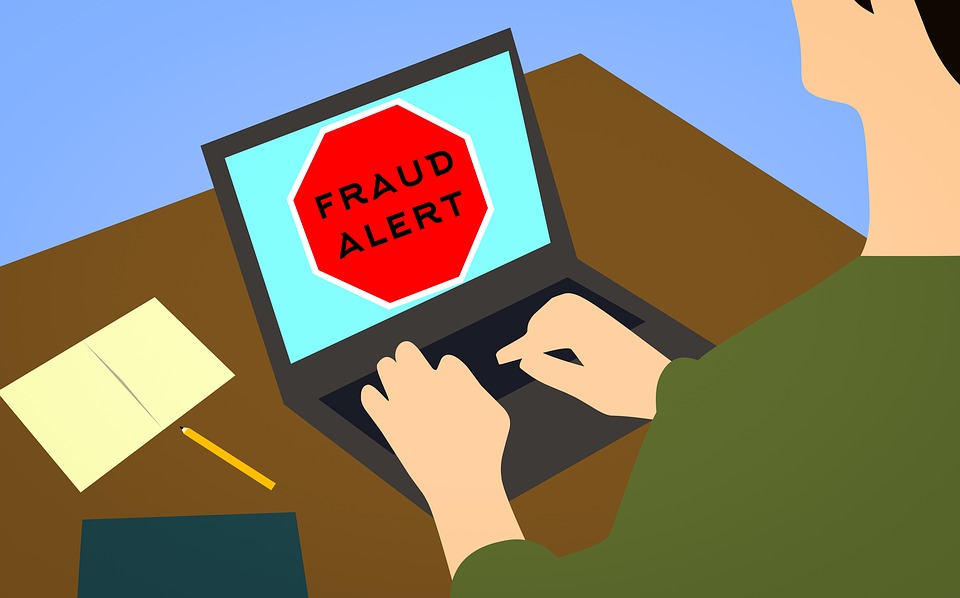
COLUMN: Scammers and ‘sugar dads’ taking advantage of social media users

“Sugar Daddy;” it’s a term that has been traditionally associated with rich older man lavishly bestowing gifts or money on a beautiful young woman, known as a “sugar baby,” in exchange for her company and/or sexual favors. In the age of social media, “sugar dads” are ostensibly wealthy individuals who give away various sums of money to followers of their social media accounts, including Twitter and Instagram.
When someone sees a friend or family members, retweeting a random user’s tweet announcing a giveaway of hundreds, or even thousands, of dollars it looks like any other lottery. But this time, one does not even have to buy a ticket, only hope their retweet is randomly selected out of 15,000 or 20,000 others.
Some social media accounts promise to pay rent, or pay off credit card debt, or offer large sums of money simply for retweeting the offer. Based on the testimonial tweets from other users, these “sugar dads” appear to be legitimate.
Accounts like @THESUGARDAD1 claim to have amassed large amounts of wealth and have a good samaritan-esque desire to share their wealth with the world of social media, one user at a time.
The dangers of this phenomenon include accounts mimicking the spelling and avatar of legitimate accounts in order to sneak into users’ direct messages to announce winners. With a false trust established, the account requests users’ information to gain access and either take over accounts or steal the money.
Some of these fake “sugar dad” accounts reach out to followers of legitimate “sugar dads” telling them they have won a giveaway. Naturally, users are excited at the news and tend to suspend disbelief, providing any information these supposed benefactors request.
In some cases, the fake accounts ask “winners” to pay for the PayPal transfer fee, usually 10% of the total prize. On one level it makes sense, at a fraction of the price, users get large sums of money. In these cases, users pay the “transfer fee,” and never hear from the “sugar dad” again.
Moreover, some “sugar dads” request banking information for the transfer (such as account and routing number), user name and password and then make a deposit into the winner’s account. The user might think they have really been blessed by some anonymous benefactor.
However, that initial deposit is no good, and now the account is in the negative by over $2,000. This “sugar dad” who was such a great help disappears. They don’t respond to texts, emails, or calls. The user is left responsible and in debt.
The best protection is to simply avoid this whole thread on social media. Certainly, it will be nice to have someone legitimately deposit a large sum of money, or pay a bill, but is the exposure to people with ill intent worth it?
The @THESUGARDAD1 account does not appear to be active at the current time, but there is a @philanthropist account bearing a similar avatar.
Most of the other “sugar dad” accounts also follow the same formula of offering a prize simply by having others follow, like, and retweet posts. However, they are not as popular anymore because of a decline in participation.
Simple common sense is the best defense against scammers. In a situation where users must suspend disbelief, hoping to get a piece of this giveaway pie, we are more susceptible to suggestion, and thus become vulnerable to scammers trying to steal our hard-earned dollar.
